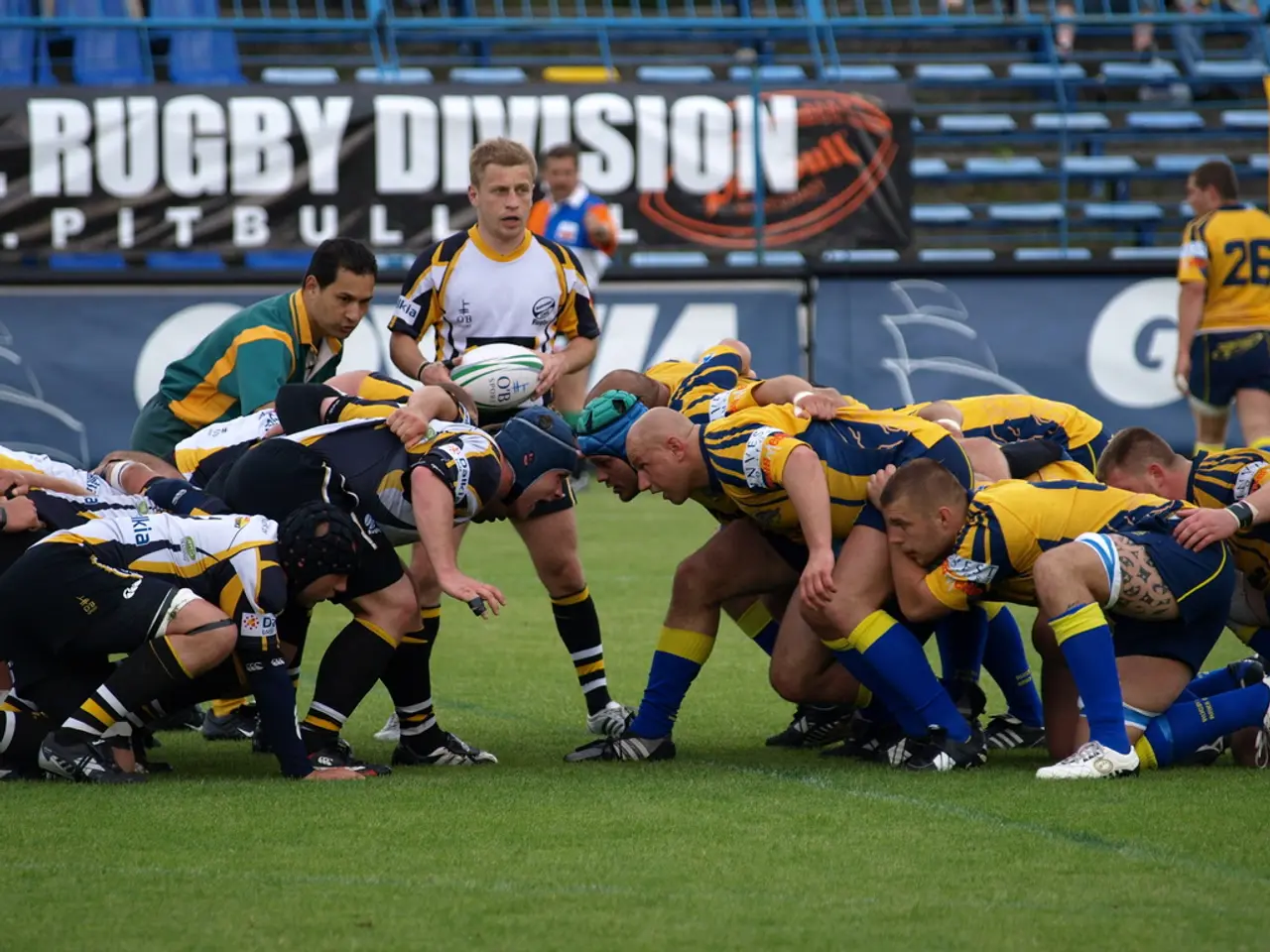Highlighting the Burdens and Psychological Struggles in Elite Rugby
In the high-pressure world of professional rugby league, maintaining both physical and mental well-being is crucial for success. A growing body of evidence suggests that sports psychology techniques can significantly improve an athlete's mental resilience and performance.
Physical fitness routines are undeniably essential, but mental health must also be prioritized. Professional organizations should strive to create supportive environments that address the mental health needs of their athletes.
The Impact of Mindfulness Techniques
Mindfulness techniques, such as meditation and focused breathing, have been shown to reduce stress levels and help players stay calm during high-stress moments. By enhancing present-moment awareness, these practices improve concentration and reduce anxiety before and during matches.
Sports Psychology Interventions
Sports psychology equips players with practical tools to manage anxiety, maintain composure, and sustain motivation. Techniques like visualization, self-talk restructuring, mindfulness training, and breathing exercises have been proven effective in reducing pre-match anxiety, improving focus, and fostering a confident and assertive mindset.
- Imagery and Exposure Work allow players to mentally rehearse challenging situations, retraining nervous responses to associate pressure scenarios with success and control.
- Self-talk restructuring replaces negative thoughts with performance-affirming phrases, boosting confidence and reducing hesitation during play.
- Mindfulness training enhances present-moment awareness, improving concentration and reducing anxiety before and during matches.
- Breathing and biofeedback techniques help regulate physiological arousal and maintain emotional control, especially after mistakes.
- In-game reset strategies teach players how to quickly regain focus and composure following errors, which strengthens mental resilience.
- Confidence journaling encourages reflection on progress and abilities rather than mistakes, reinforcing a positive mindset.
- Mental toughness development involves cognitive restructuring, emotional regulation, and resilience-building strategies that collectively lower anxiety and support consistent high-level performance.
The Benefits of Sports Psychology
Research supports that these psychological interventions improve decision-making, mental toughness, and reduce anxiety levels in athletes, enabling rugby league players to handle pressure situations better and recover quickly from setbacks on the field. Techniques like visualization activate neural pathways similar to physical practice, creating a "mental muscle memory" that transfers into real performance.
A Healthier Future for Rugby League
As the stigma surrounding mental health in sports continues to dissipate, it is essential to explore effective strategies for mental wellness in athletics. Encouraging open conversations about emotions helps players develop coping strategies, reducing the stigma associated with seeking help.
By acknowledging the challenges athletes face in terms of mental health and implementing sports psychology techniques, we can foster a healthier environment within the sport. Building strong relationships within the team can foster a sense of belonging, which is crucial for mental health.
Rugby League, with its cultural significance and global following, has a unique opportunity to lead the way in promoting mental health and well-being among athletes. By learning from successful programs in other sports and encouraging open communication, we can create a more supportive and sustainable environment for rugby league players.
- Sports psychology, in addition to physical fitness, should be incorporated into professional rugby league organizations as it equipps players with mindfulness techniques and practical tools to manage anxiety, maintain composure, and boost performance, contributing to mental health and overall well-being.
- Prioritizing mental health within rugby league will not only improve players' ability to handle pressure situations better but also reduce the stigma associated with seeking help, fostering a healthier environment that supports mental wellness and sustainable high-level performance.




